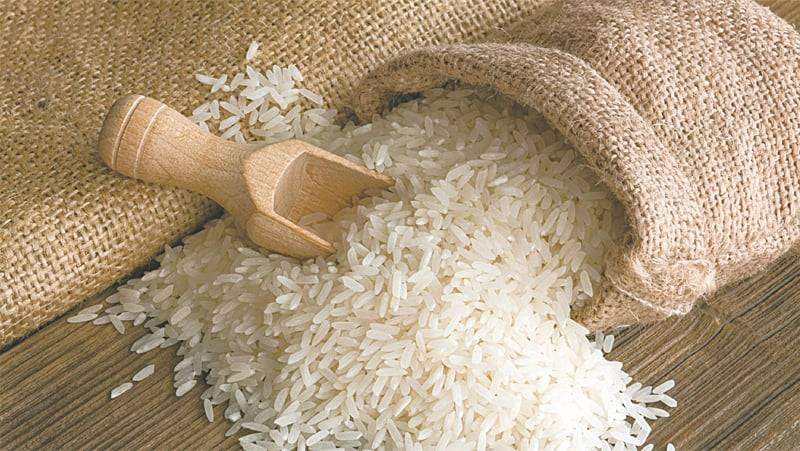
Thailand's rice output is expected to rebound from the lows observed in 2019 and 2020, providing severe competition to India in the global rice market this year. In the parboiled rice section of the market, it is India's lone competitor.
Thailand's rice production is expected to reach 20.8 million tonnes (mt) in 2021-22, up from 18.8 mt in 2020-21 and 17.65 mt in 2019-20, according to the US Department of Agriculture. Water supply, which has been a problem in 2019 and 2020, is likely to improve.
Thailand's rice exports are expected to be 31% higher this year, at eight million tonnes, compared to 6.1 million tonnes last year, according to the USDA's Foreign Agricultural Service (FAS) post in Bangkok. Exports are expected to increase, owing to a weaker Thai baht.
At the moment, Indian parboiled rice with 5% broken grains costs $370-376, whereas Thailand charges $395. "Thailand's exports are anticipated to rise to 8 million tonnes from 6-6.5 million tonnes last year," said Nitin Gupta, Olam Agro India Ltd Vice-President.
70% of Exports to Africa
"Some purchasers prefer Thai rice to Indian rice since the latter's quality is deemed higher. As a result, the number of shipments is likely to increase," stated Bulk Logix Director Vidya Sagar VR.
According to the USDA's Bangkok FAS Post, Thai parboiled rice is more competitive than Indian parboiled rice, with 44% of exports going to South Africa, Benin, Cameroon, and Angola last year. Parboiled rice made up about 70% of the total.
A scarcity of train rakes hampered the movement of parboiled rice from Chhattisgarh to Andhra Pradesh's Kakinada ports, though the situation has begun to improve.
The Union Government, on the other hand, is acquiring parboiled rice in Chhattisgarh for over $20 per kilogram and selling it to dealers for $24, making things difficult for exporters, according to the Bulk Logix director.
Tough Internal Competition
According to the USDA Bangkok FAS Post, "there will be significant demand for (Thailand) white and parboiled rice as traders believe that Thai rice export prices will stay more appealing than Vietnamese and Indian rice."
"Indian parboiled exports may face difficulties as the Prime Minister Garib Kalyan Anna Yojana expires in March, and some shippers may find it tough to source," said an industry source.
However, BV Krishna Rao, President of the Rice Exporters Association, believes India would be able to compete with Thailand in the global rice market. "Thailand's dilemma is that it only has a few exporters shipping rice, but India has a large number." Rice is also exported from a number of Indian ports.
While India has a logistical edge because it is closer to African destinations, exporters in the country face fierce competition. "Indian exporters are competing against each other," Rao remarked.
Disadvantages
With the exception of the Philippines and Malaysia, Indian rice is now broadly accepted in practically all nations, according to the TREA president. "Recently, the Commerce Ministry assisted in the organization of a buyer-seller meeting with the Philippine Ambassador, who has agreed to investigate our proposal," he stated.
The issue with exporting to the Philippines is that Filipinos prefer "soft" rice, which Vietnam provides, over "hard" rice, which India provides.
No 1 Ranking to Continue
The Indian rice trade, on the other hand, is unequivocal in its belief that India's status as the world's leading rice exporter would not be threatened.
The USDA stated, "India's ability to produce both parboiled and ordinary white rice at competitive costs would further boost exports to Sub-Saharan Africa, where imports are forecast to expand."
According to data from the International Grains Council, Indian white rice 25 percent broken costs $347 per tonne, compared to $389 in Vietnam and $403 in Thailand (both for 5 percent broken). Year-on-year, rice export prices in India are down 12%, Vietnam is down 24%, and Thailand is down 25%.
Higher stocks with the Food Corporation of India, which stood at 22.15 mt of rice and 47.36 mt of paddy as of January 1, have also aided India's rice exports (31.72 mt of rice). Rice output has also supported the record sales, with 118.87 mt in 2019-20 and 122.27 mt last season (July-June).











